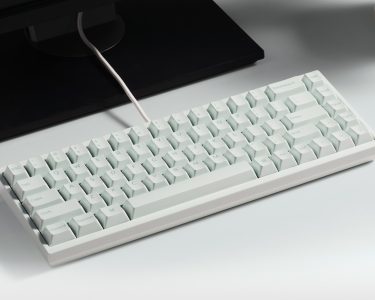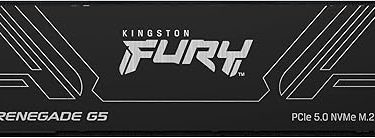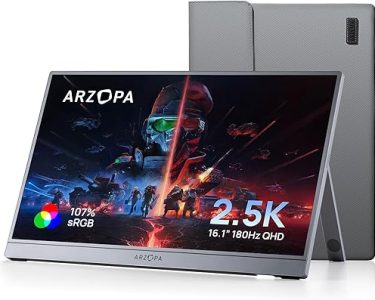One simple but difficult decision must be made before purchasing a new computer: a laptop or desktop. Workhorse tablets may be more attractive to some market segments than they were in the past. However, for many dedicated PC users, there is still a valid trade-off between a laptop’s portability and a desktop computer’s capabilities.
Whether you’re looking for something powerful, something portable, or something that falls somewhere in between these two conventional extremes of the spectrum, here’s a comprehensive explanation of everything you need to know (and consider) before spending money on your next PC.
Laptops can range in size from 10-inch to 21-inch curved-screen gaming behemoths, and they come with an integrated keyboard, trackpad, and display in place of a mouse.
The largest distinction between a laptop and a desktop computer is that the size of the battery within a laptop determines its functionality. Depending on the sort of program you use, the battery life of most laptops can range from an average of six hours to twelve hours or longer. In some respects, the worst drawback of the form factor is also its greatest portability, which is made possible by the laptop’s internal battery. The laptop gets heavier and less portable as the battery size increases.
What’s the difference between a desktop and a laptop?
A desktop computer is one that you would put on a desk in your living room or workplace. It will arrive in pieces, typically in the form of a tower housing the PC’s brains and hardware in addition to a display monitor, keyboard, and mouse.
Conversely, a laptop, often known as a notebook, is a portable, all-in-one gadget that you can take from room to room. Because they don’t need a desk or a stable power supply, laptops can be used at home, at work, or even on the go (as when riding a train, for example).
Laptops can range in size from 10-inch to 21-inch curved-screen gaming behemoths, and they come with an integrated keyboard, trackpad, and display in place of a mouse.
The largest distinction between a laptop and a desktop computer is that the size of the battery within a laptop determines its functionality. Depending on the sort of program you use, the battery life of most laptops can range from an average of six hours to twelve hours or longer. In some respects, the worst drawback of the form factor is also its greatest portability, which is made possible by the laptop’s internal battery. The laptop gets heavier and less portable as the battery size increases.
Speed
Previously, you had to purchase a desktop PC if you wanted a fast computer. Thankfully, manufacturers now provide the majority of mid-to-high-end specialized gaming hardware in laptop form, and the performance gap between desktop PCs and laptops, in general, has significantly narrowed in recent years.
Having said that, a desktop PC will still allow you more freedom in assembling all of the pieces of your computer into a single unit even if you absolutely must have the best available for each component. Even if laptop purchasers eventually have access to the best processors and graphics technology, desktop customers typically receive it earlier and always have more alternatives available to them.
Specifications
When purchasing a desktop or laptop, the CPU, RAM (memory), graphics card, and hard drive are the most important specs to check for. The graphics card determines how well your computer will play games, the hard drive determines how many programs, documents, videos, and other files you will be able to store on your computer, and the CPU is essentially the brain of your computer. RAM is where all of your programs will be loaded; the more RAM you have, the more programs you can load.
In general, laptops have less power than desktop PCs, but these days, that’s not much of a difference with the wide variety of pre-built and customized desktop and laptop options.
Why purchase a laptop?

If you want a computer that you can use at home, on the go, and at work and you’re not prepared to put up with the restrictions of contemporary tablets, then you should go with a laptop. If you would want to have more mobility when using your computer at home, you might also want to think about getting a laptop. When traveling or working, a fully charged laptop can provide you with up to a day of untethered use. A desktop computer, on the other hand, will force you to work from the spot where it is installed.
Why purchase a desktop PC?

A desktop PC is the best option if you’re looking for a computer that can comfortably play games or hold a large quantity of audio files. When compared to powerful notebooks with comparable performance, powerful desktop PCs are typically less expensive. Additionally, a desktop PC has the advantage of being easily expandable, allowing for the addition of additional storage, RAM, or a stronger graphics card when needed. While you may replace the hard drive and, for the most part, add more RAM, a laptop cannot be upgraded to the same degree as a desktop PC.





